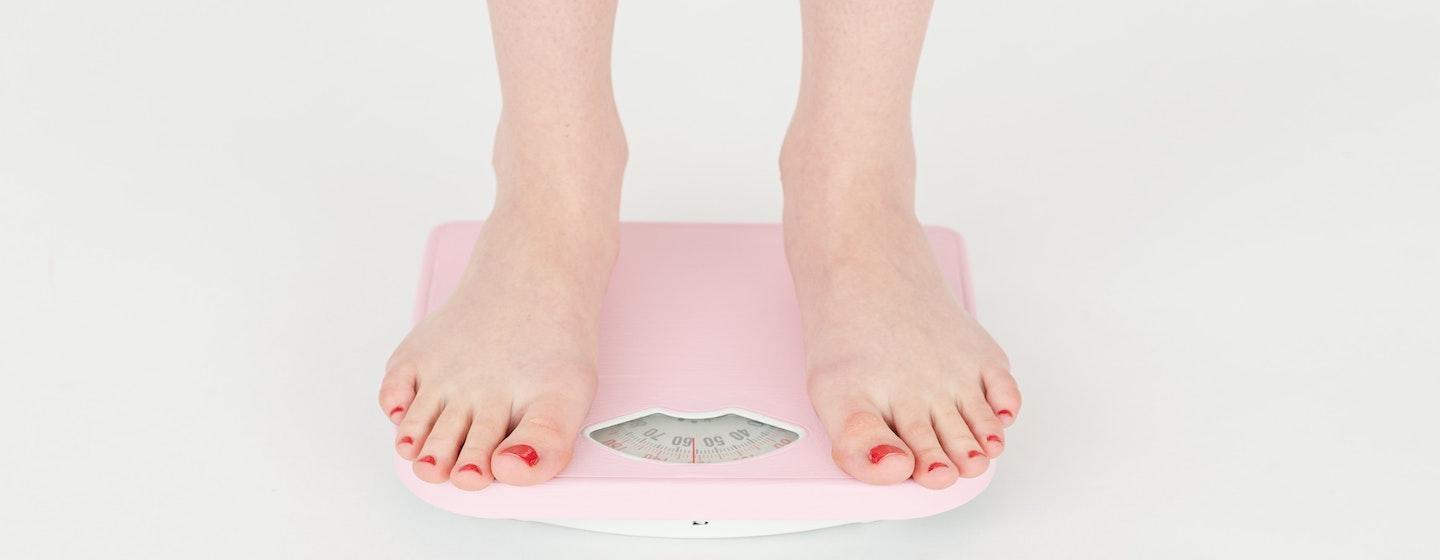You Can't Use Metabolism As An Excuse For Weight Gain Anymore


Blaming a slowing metabolism for why you gain weight as you get older is a pretty common excuse.
“There’s nothing I can do about it, my body is slowing down,” says the person who has gained a few pounds.
Not so fast.
There’s a new study led by a Duke professor that shows the belief that our metabolism inevitably declines as you get older is wrong. You’re going to need a new excuse for those extra pounds.
In fact, the study actually found four stages of metabolism.
Researchers discovered metabolism peaks around age 1, when babies burn calories 50 percent faster than adults. It then gradually declines at roughly 3 percent a year until around age 20.
But here’s the surprising part.
From age 20-to-60, metabolism plateaus, with no changes based on pregnancy, or menopause, or even exercise. After age 60, metabolism starts to slowly decline again, by about 1 percent annually. The study is published in the journal Science.
“Metabolic rate is really stable through most of your adult life, ages 20 to 60 years old,” said study author Herman Pontzer, an associate professor of Evolutionary Anthropology and Global Health at Duke University.
“You’ve heard people say when I hit 30 years old, my metabolism fell apart. We don't see any evidence for that, actually,” adds Pontzer.
Researchers studied more than 6,400 people, ages 8 days to 95 years, from 29 countries. The group took part in what’s called a “doubly labeled water” test. That means participants drank water which contained isotopes of hydrogen and oxygen. Those isotopes can be traced in urine samples.
Those trace elements allowed scientists to calculate how much hydrogen and oxygen each person used per day, which then allowed the team to calculate how much carbon dioxide the body produces every day.
From that data, researchers could analyze a person’s average total daily energy expenditure, which includes the calories we burn in everyday living: from walking and watching TV to exercising, eating and even sleeping.
Everything we do burns some amount of energy.
“And that's a very precise measurement of how many calories you burn every day, because you can’t burn calories with making carbon dioxide," explained Pontzer.
Because the study utilized a large data set, this is the first-time researchers were able to study the effects of body size, age and gender and look at how the body is able to burn energy throughout the day over the course of a lifespan.
“How our bodies burn energy is a basic function because it represents how busy all of our cells are doing what they do, and until now we didn’t have a good sense of how that changes as we get older,” said Pontzer. “And because we were able to correct for things like body size and composition, we could show that, contrary to common thinking, metabolism didn’t spike during the teen years or pregnancy, or slow during menopause, or even that there were specific differences between men and women.”
The bottom line then: if changing metabolism doesn’t play a role in weight gain at certain points in adult life, it means there are other factors. In fact, it’s most likely there are many factors, including the amount of food intake, the types of food, exercise and activity level, sleep and even where you live.
It’s just that you can’t use the “slowing metabolism” excuse anymore.